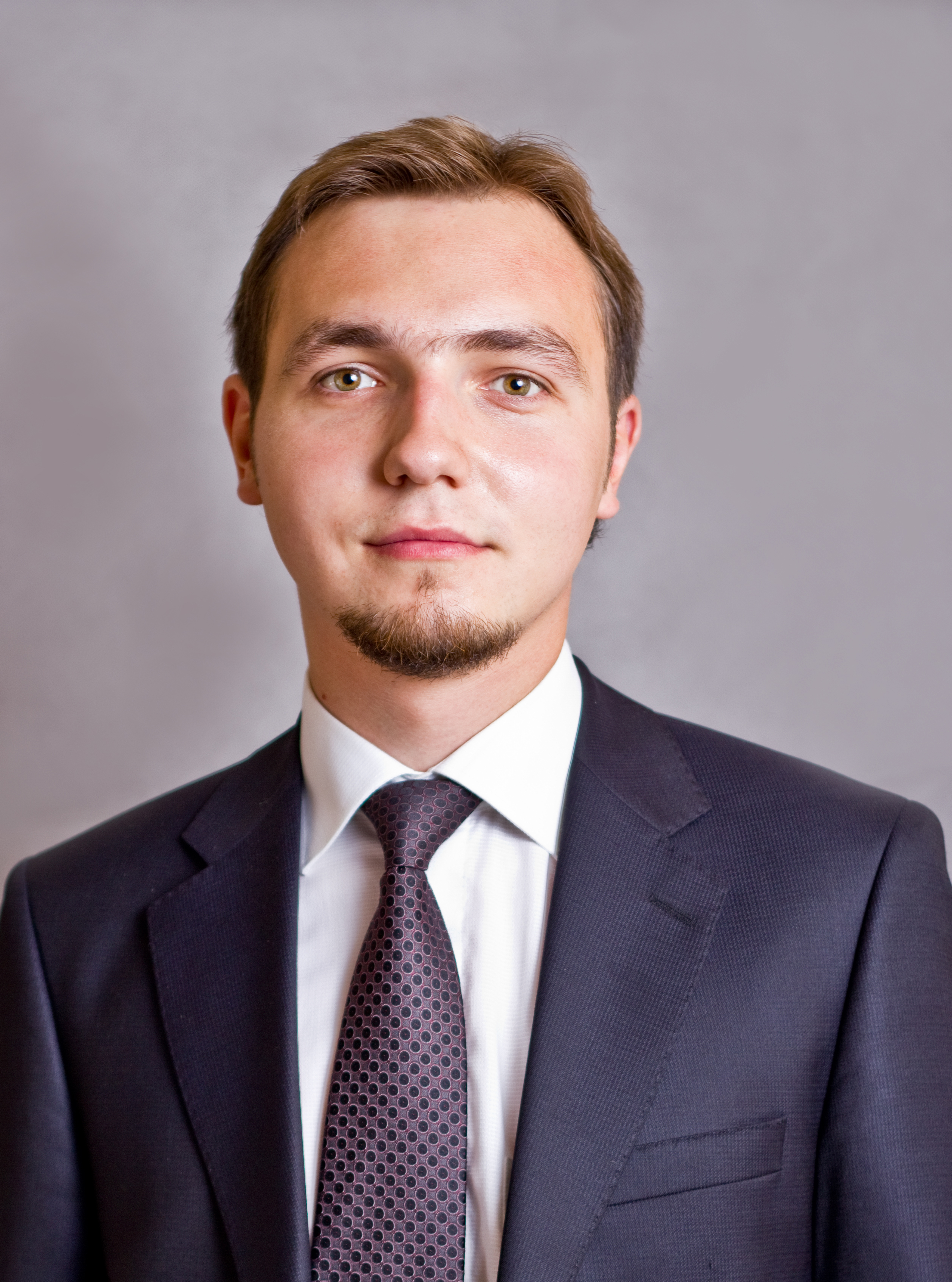Youth for Eco-Justice: Stanislau Paulau
November 22, 2011 in Church, Ecological Justice, Ecumenism, UN, Youth participation
 The World Council of Churches and the Lutheran World Federation co-organize Youth for Eco-Justice, starting parallel to the UN Climate Change Summit in Durban, South Africa, at the end of November. In a series of blog posts, the participants are introducing themselves
The World Council of Churches and the Lutheran World Federation co-organize Youth for Eco-Justice, starting parallel to the UN Climate Change Summit in Durban, South Africa, at the end of November. In a series of blog posts, the participants are introducing themselves
Name: Stanislau Paulau
Age: 22
Function: Student of M.A. Programme “Intercultural Theology”
Country of Origin: Belarus
Church of Origin: Belarusian Orthodox Church of the Moscow Patriarchate
What is really important for your life?
For me it is important always to go further in my relationships with
creation, people and God and to discover something new in this ongoing
process. I think that my feeling of life was precisely put into the
words by St. Gregory of Nyssa: “The end of each discovery becomes the
starting point for the discovery of something higher, and the ascent
continues. Thus our ascent is unending. We go from the beginning to
beginning by way of beginnings without end.” So, I appreciate to be a
beginner.
What are your wishes for the negotiations on Climate Change in Durban?
In Durban we will have a unique space for sharing and learning and I
do hope that we will manage to engage into a fruitful dialogue with
each other. In my opinion it is very important to bring our own
perspectives on the issue of Eco-Justice into discussion and enrich
each other by this way. I wish that we as Christian youth from all
over the world will build a common vision for the future of our common
Earth.
What would you like to do so that your church/country becomes more environmentally just?
I think that the Church should more intensively stress that everything
that lives and breathes is sacred and beautiful in the eyes of God and
do everything to protect this beauty. And that should start from the
parish/youth or bible group level. I would be happy to be able to
contribute on the place where I live to this understanding that the
whole world is a sacrament. Such an understanding of the world could
become a source of environmental justice.

